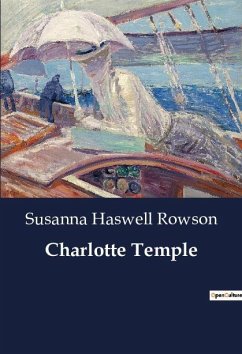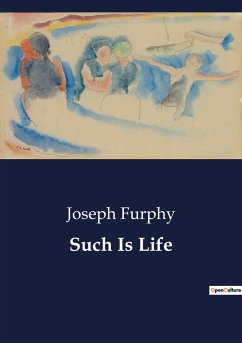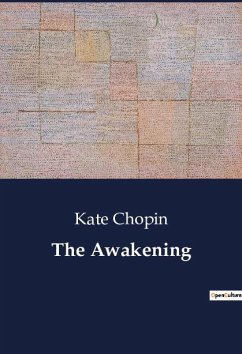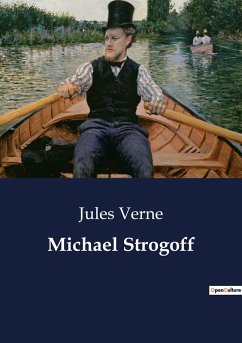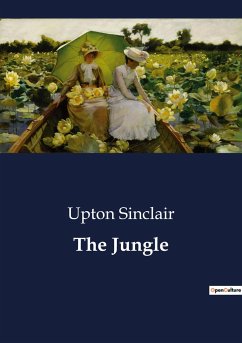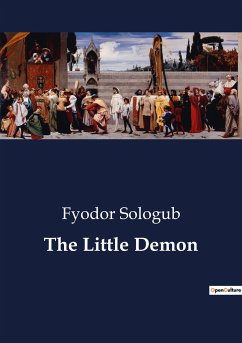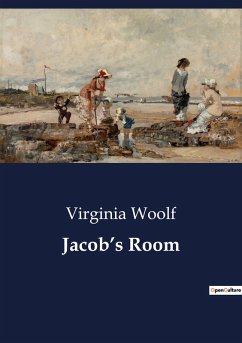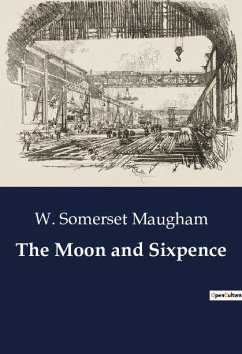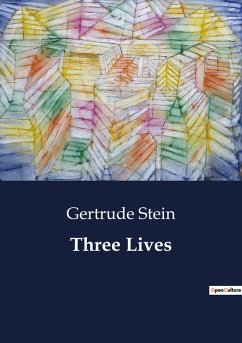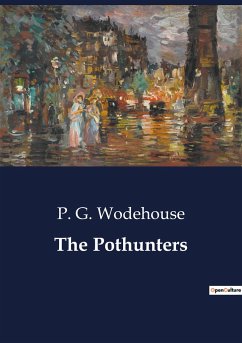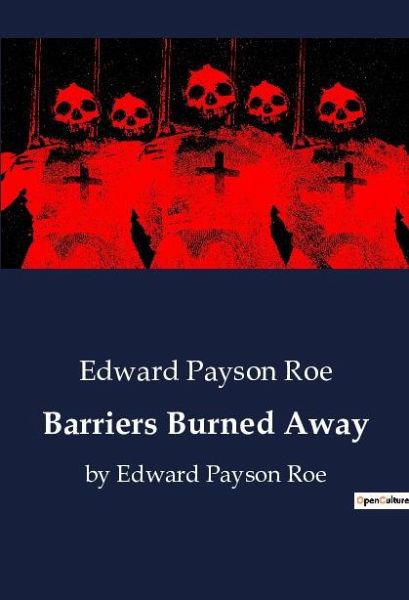
Barriers Burned Away
A Tale of Redemption and Resilience in the Wake of Disaster
Versandkostenfrei!
Versandfertig in 1-2 Wochen
27,90 €
inkl. MwSt.

PAYBACK Punkte
0 °P sammeln!
"Barriers Burned Away" by Edward Payson Roe is a narrative set against the backdrop of the Great Chicago Fire, exploring themes of loss, redemption, and the enduring power of faith. The story begins with Dennis Fleet, a young man from a rural background, who arrives in Chicago with high hopes of securing a job to support his widowed mother and sisters. Despite his optimism, Dennis faces immediate challenges, including a lack of experience and the harsh realities of city life. His initial attempts to find employment are met with rejection, and he struggles with feelings of inadequacy and self-d...
"Barriers Burned Away" by Edward Payson Roe is a narrative set against the backdrop of the Great Chicago Fire, exploring themes of loss, redemption, and the enduring power of faith. The story begins with Dennis Fleet, a young man from a rural background, who arrives in Chicago with high hopes of securing a job to support his widowed mother and sisters. Despite his optimism, Dennis faces immediate challenges, including a lack of experience and the harsh realities of city life. His initial attempts to find employment are met with rejection, and he struggles with feelings of inadequacy and self-doubt. Meanwhile, the narrative also delves into the life of Dennis's family, particularly his mother, who is depicted as a pillar of strength and faith. Her unwavering belief in God's goodness and her vision of a heavenly future provide solace and guidance to Dennis, even as he grapples with his own uncertainties. As Dennis navigates the bustling city, he encounters various characters and situations that test his resolve and character. The story highlights his internal struggle between maintaining his moral integrity and succumbing to the temptations and pressures of urban life. Throughout the narrative, Roe weaves in historical elements, using the Great Chicago Fire as a pivotal event that underscores the themes of destruction and renewal. The fire serves as a metaphor for the barriers in Dennis's life, which, once burned away, reveal the path to personal growth and spiritual awakening. Ultimately, "Barriers Burned Away" is a story of perseverance and the transformative power of faith, illustrating how adversity can lead to profound personal change and a deeper understanding of one's purpose.





